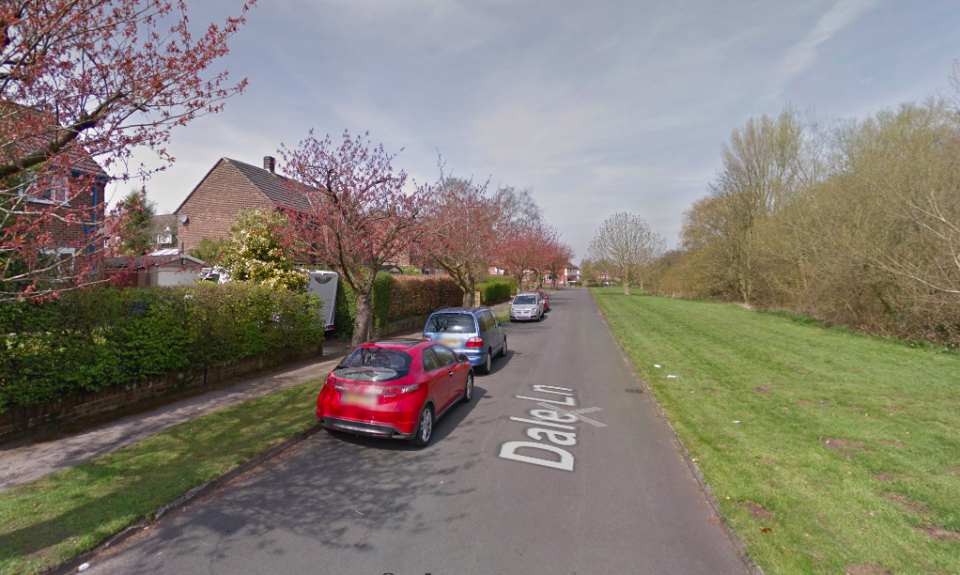Streets with fastest and slowest broadband in UK revealed
The differences in broadband speeds across the UK have been laid bare in new research that shows the slowest street is 5,330 times slower than the fastest street.
Queens Road in Weybridge, Surrey, has the most sluggish connection, coming in with average download speeds of 0.12Mbps, according to an analysis of 398,973 consumer speed tests in 2020 conducted by comparison site uswitch.com.
On the other end of the scale, Dale Lane in Appleton, Cheshire, was named the quickest street, achieving average speeds of 639.67Mbps.
This would mean the residents of Queens Road would have to wait around 119 hours to download a two-hour high definition film, while Dale Lane’s inhabitants could expect it within about a minute and 20 seconds.

Commenting on the research, Uswitch said the digital divide could be growing deeper as the fastest street was only 830 times quicker than the slowest in its 2019 analysis.
Ernest Doku, broadband expert at the comparison site, said: “It’s interesting to see that the North claims the fastest street this year, while the slowest street is in the South East, showing that the speed of your connection has nothing to do with where you live.
“It’s great that more of us are enjoying ultra-fast broadband, but we don’t want to see large swathes of the country left behind on shoddy connections that aren’t suitable for modern life.”
Watch: UK slips 13 places in global broadband speed table
There is concern that people are not checking whether they can get faster speeds, with research showing seven out of the 10 slowest streets have access to a quicker service.
Doku added: “With millions of us working from home and watching more streaming TV at the moment, a good broadband connection is more important than ever…
“And of the 10 slowest streets, seven could have access to faster broadband, so we urge residents there — and anyone else unhappy with their broadband speeds — to do a quick check online to see what speeds they could be getting.”
How to check your broadband speed
There are various broadband speed checkers online, which are free to use and will analyse how quickly your internet is in seconds.
The speed test check is best done at least twice – once over the wi-fi (as close as you can get to the router) and once with a computer (if you have one) plugged directly into your router.
A noticeable difference in speed with the computer plugged in could mean speeds can be quickened by moving closer to the router, or using a signal booster.
To ensure the most accurate results, ensure you are not downloading anything at the same time, shut down any software using the internet and switch off phones/tablets/consoles that are using the same wireless network.
Uswitch also advises turning off electronic devices such as microwaves, wireless doorbells and baby monitors as they can affect the signal strength.
The speed test works by downloading and uploading dummy ‘packets’ of data sent to servers via ‘pings’ – which measure the round-trip time it takes for the packets to be sent and received by your computer.
The slowest streets in 2020:
Queens Road, Weybridge, Surrey – 0.12Mbps
Hatchett Road, Feltham, Hounslow, London – 0.38Mbps
Monkton, Devon – 0.45Mbps
Church Street, Great Maplestead, Halstead, Essex – 0.47Mbps
Limmer Close, Wokingham, Berkshire – 0.48Mbps
Waterley Bottom, North Nibley, Dursley, Gloucestershire – 0.49Mbps
Spencer Road, Caterham, Surrey – 0.55Mbps
Ringhaddy Road, Killinchy, Newtownards, Northern Ireland – 0.62Mbps
Fishtoft Drove, Frithville, Boston, Lincolnshire – 0.66Mbps
Sopwith Crescent, Wimborne, Dorset – 0.67Mbps
The fastest streets in 2020:
Dale Lane, Appleton, Warrington, Cheshire – 639.67Mbps
Longhedge, Caldecotte, Milton Keynes, Buckinghamshire – 568.18Mbps
Old Ballynahinch Road, Lisburn, Northern Ireland – 563.85Mbps
Montvale Gardens, Leicester, Leicestershire – 452.02Mbps
Mill Close, Henlow, Bedfordshire- 360.59Mbps
York Road, Guildford, Surrey – 352.67Mbps
Chapel Road, Oldbury-on-Severn, Gloucestershire – 284.92Mbps
Woodcroft Road, Liverpool, Merseyside – 282.21Mbps
Cairn Wynd, Inverurie, Scotland – 276.40Mbps
Sandy Hamilton Place, Inverurie, Scotland – 253.17Mbps
Watch: Virgin launches cheaper broadband package for Universal Credit claimants

 Yahoo Finance
Yahoo Finance 
